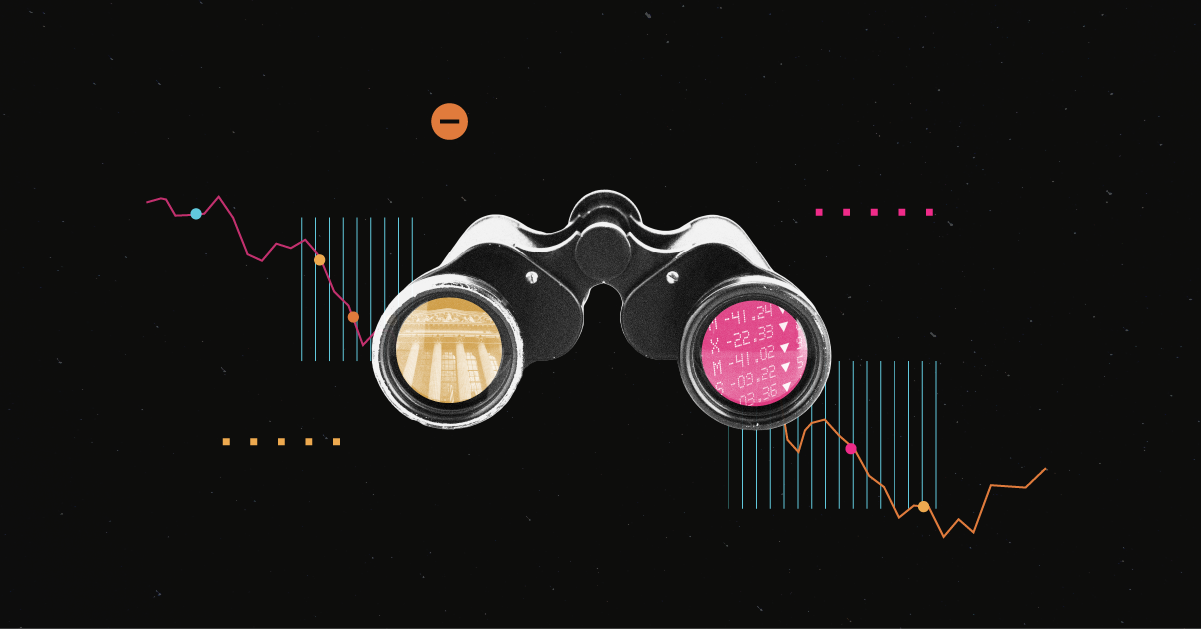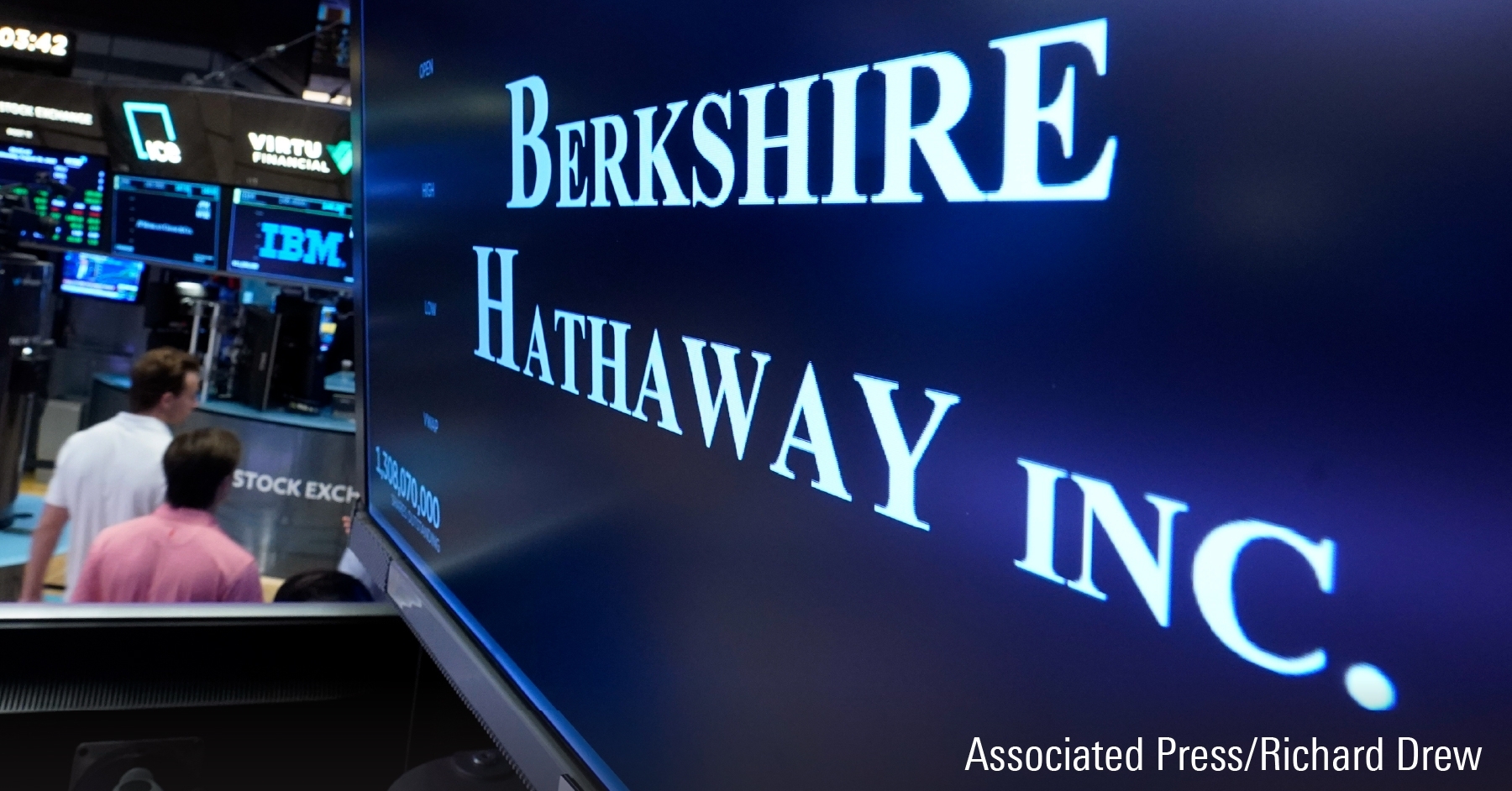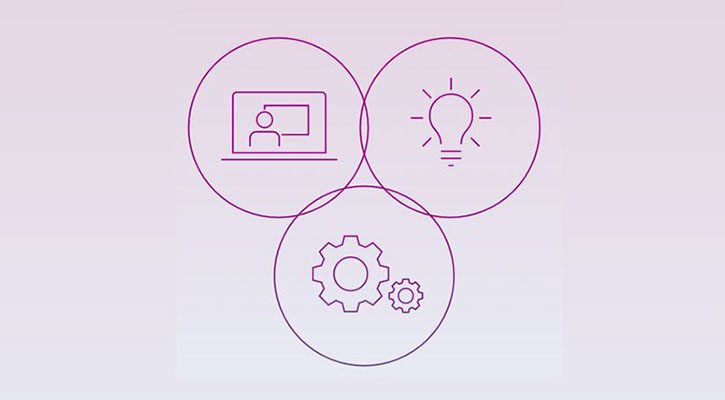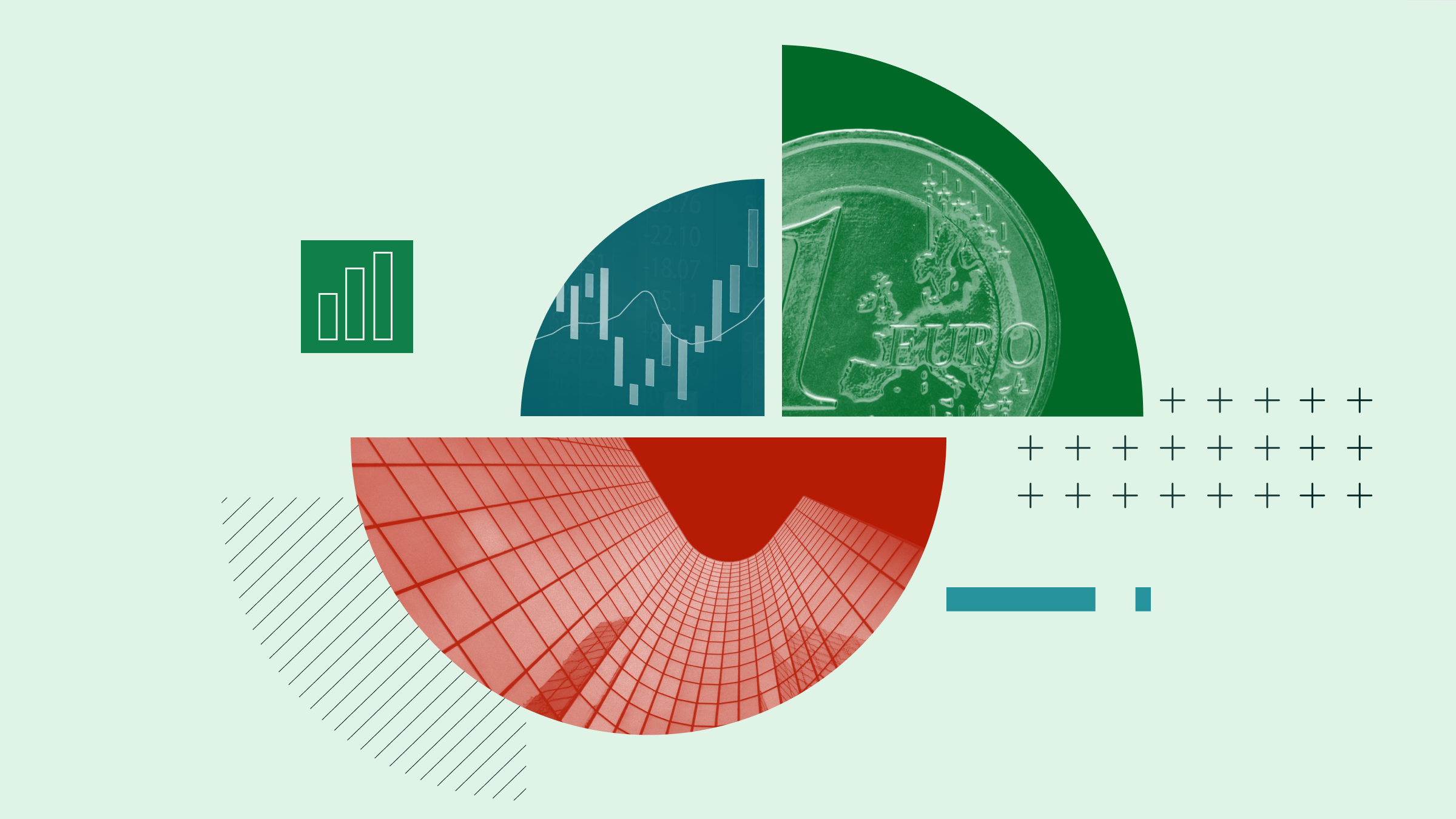Having suffered from a variety of headwinds, Carlsberg has faced several false dawns, and after management lowered guidance at the end of the second quarter, it appears that 2015 will be another year of disappointment for Carlsberg investors.
With about 15% of its earnings before interest and tax, or EBIT, derived from Russia, according to our estimates, Carlsberg is highly leveraged to the Russian beer market, although its exposure has declined from around one third of EBIT just two years ago. During the past few years, the Duma has imposed restrictive measures upon several alcohol categories, including raising the excise tax on beer by 200% and imposing measures more commonly seen in tobacco regulation: an advertising ban and prohibitions on late-night off-trade sales and on sales at kiosks. However, the regulatory picture appears to be stabilising, with no new proposed measures and with excise tax increases set at levels much closer to inflation for this year and next. This, combined with any stabilisation in the Ukrainian and Russian geopolitical environment and with improved macroeconomic conditions, could provide a positive inflection point for Carlsberg, though the timing of such an event is getting more difficult to predict. Also supporting our margin expansion thesis is the firm's ongoing Business Standardization Program, or BSP, a self-help program that does not rely on volume growth to drive fixed-cost leverage, along with the closure of two Russian factories.
Despite its opportunities to increase margins, Carlsberg faces some structural challenges. According to U.S. Census Bureau projections, the population segment in Europe (79% of Carlsberg's 2014 EBIT) aged 18-30 will decline at an annual compound rate of 0.6% between 2012 and 2017. This will be a further structural headwind for Carlsberg, already facing unfavourable secular trends such as the shift to the off-trade channel and pricing pressure from large retailers in core markets. For these reasons, we think long-term investors seeking exposure to the brewing industry should look to the stronger players with exposure to faster-growing markets and with wider profit margins.
Valuation
Following poor second-quarter results and lowered guidance for the rest of the year, we have lowered our near-term forecasts, and we are lowering our fair value estimate for Carlsberg's B class shares to DKK 570 from DKK 600. Our valuation implies a 2016 price/earnings multiple of 17.7 times, enterprise value/EBITDA of 8.5 times, and a free cash flow yield of 5.7%. These multiples represent a slight discount to some of Carlsberg's larger peers, which we think is appropriate given its lack of an economic moat and structural lower growth in Eastern Europe.























